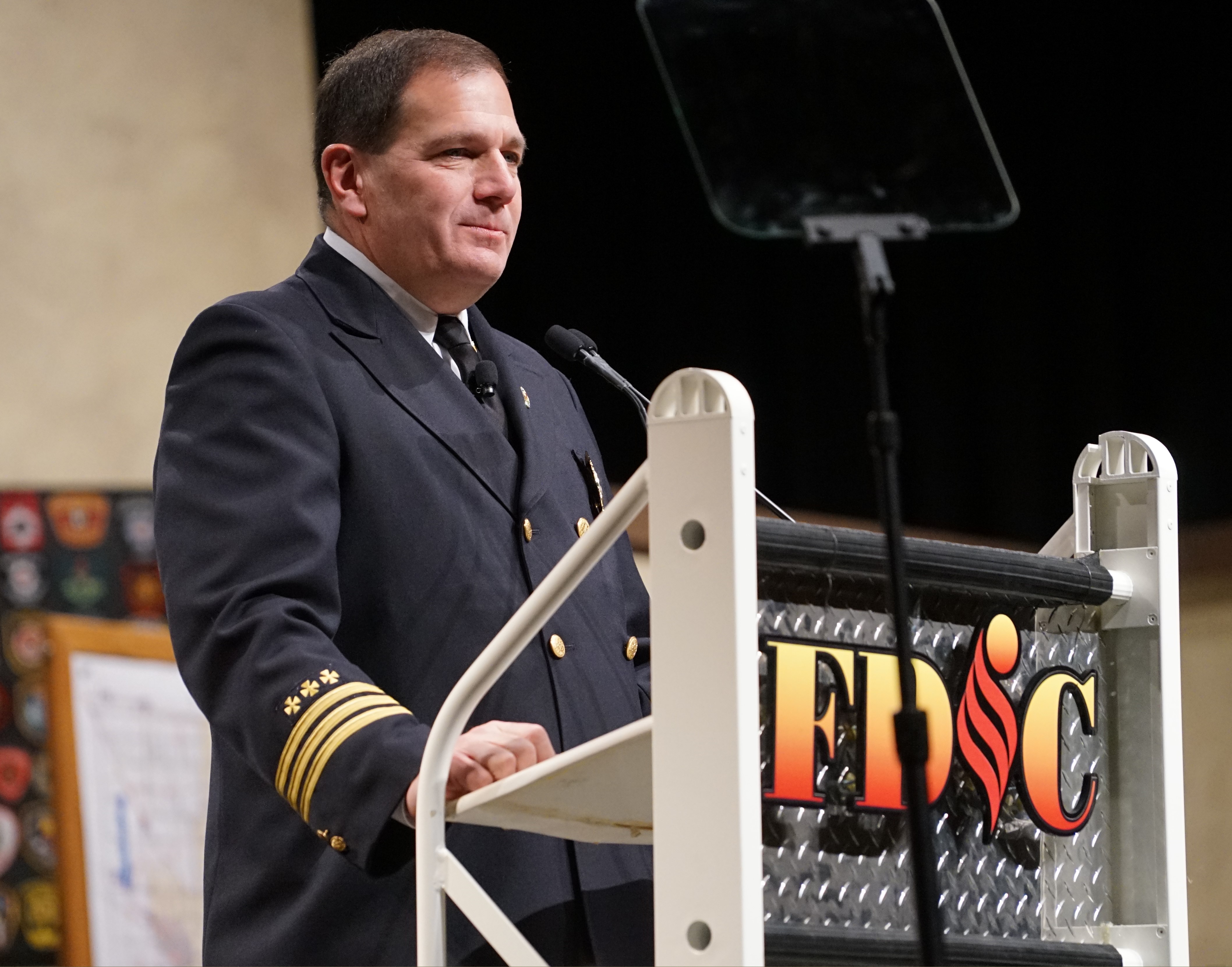Residential Lithium-Ion ESS and Fire Service Response
As the implementation of residential energy storage systems has steadily increased and is forecast to increase by orders of magnitude, the U.S. fire service will necessarily respond to an increasing number of incidents involving lithium-ion Residential Energy Storage Systems (RESS). Responses to residential incidents involving lithium-ion batteries have presented new challenges to firefighters. This class will provide an overview of two research projects that provide the fire service with size-up and tactical considerations relating to the response to a house fire involving a RESS. First, UL Solutions and the IAFF partnered under a working agreement with the U.S. Department of Energy to evaluate fire scenarios involving li-ion RESS. UL and the IAFF designed the test scenarios, with input from a Project Advisory Panel, to be representative of a RESS installed in a single-family two-car garage. The goals of the tests were to evaluate the effects of RESS thermal runaway and fire involvement on compartment fire dynamics, explosion risks to responding firefighters and occupants of the home, and impacts of firefighter ventilation. Then the class will discuss follow-up UL Fire Safety Research Institute (FSRI) testing that further evaluated hazards resulting from NCA and LFP chemistry li-ion battery thermal runaway gas releases in a typical residential attached two-car garage and results including pressures developed by deflagration, gas release thresholds that present life safety risks and structural damage, and tactical considerations for responding firefighters.




